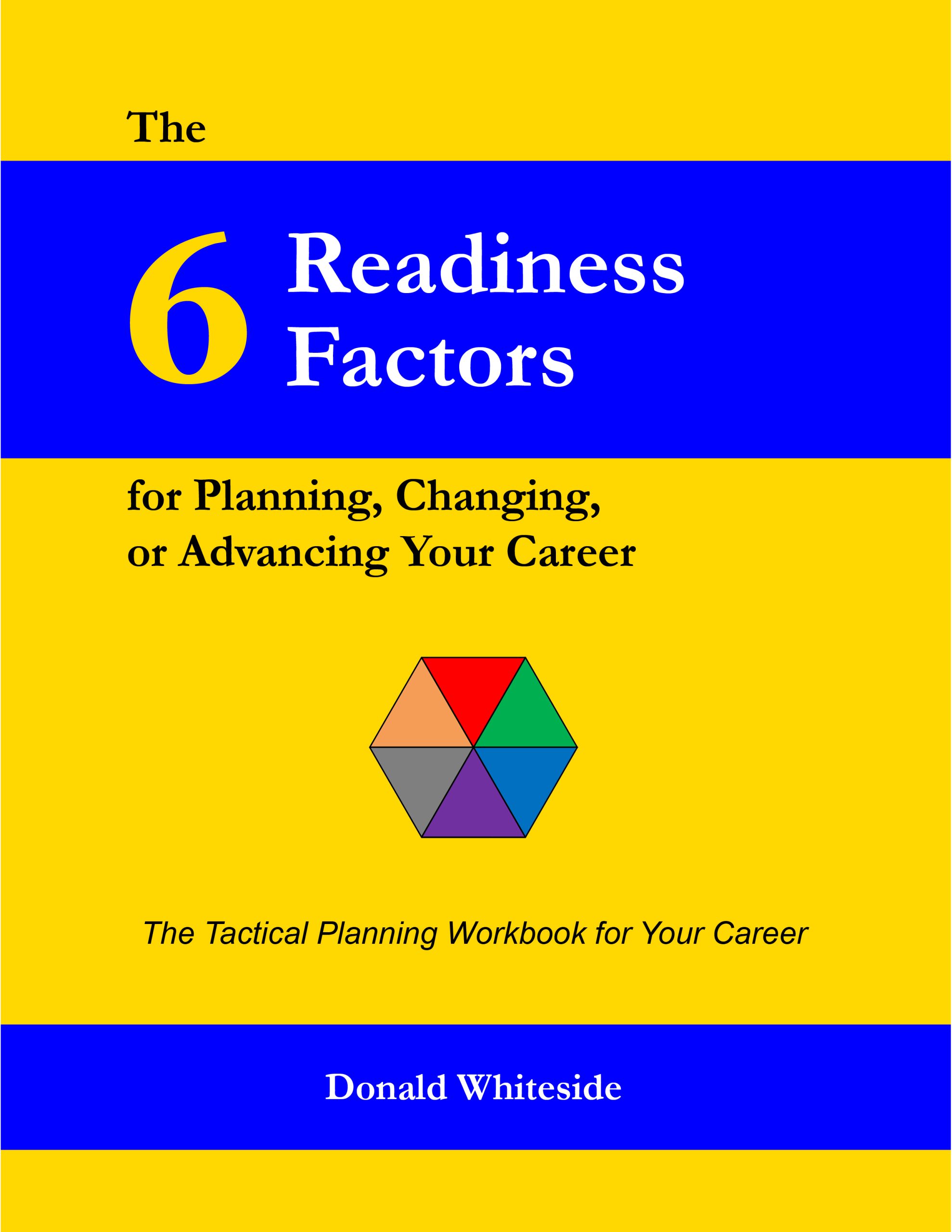 I recently had the opportunity to review a number of resumes submitted by job applicants in various fields. Although many had the right college degrees and years of solid work experience, these individuals stated they just couldn’t seem to get an interview. Unfortunately, after looking at their resumes, I wasn’t at all surprised. Let’s look at a few of the issues I spotted. These are resume mistakes you don’t want to make!
I recently had the opportunity to review a number of resumes submitted by job applicants in various fields. Although many had the right college degrees and years of solid work experience, these individuals stated they just couldn’t seem to get an interview. Unfortunately, after looking at their resumes, I wasn’t at all surprised. Let’s look at a few of the issues I spotted. These are resume mistakes you don’t want to make!
Way Too Long
One applicant’s resume was nine pages long. Nine pages! Not only that, it was all written in a small font! Many others were submitting resumes three or four pages in length. In general, a busy HR person would not read such a lengthy resume unless perhaps the applicant was already being seriously considered for the position or only a few people responded to the job posting. According to the job site Indeed, “On average, employers look at resumes for six to seven seconds.” Now, I read pretty fast, but I could probably do little more than superficially scan a detailed four-page resume in that amount of time.
Preferably, your resume should be one page, maybe two if you have considerable work experience. If you can’t find a way to present yourself in two pages, consider getting professional help to rewrite it.
Too Much Detail
Some applicants crammed every job task they ever performed into their resumes. They also listed every seminar, conference, training class, etc. they ever attended. That type of content is better suited to a multipage CV (curriculum vitae) rather than a resume. Many people make the mistake of using the words “resume” and “CV” interchangeably. Don’t confuse the two! If you don’t know the difference between these types of documents, check out my article Resume or CV?, found on Career Lantern.


 When it comes to the involuntary removal of someone from their job, you’ve probably heard of these terms: fired, terminated, sacked, discharged, axed, let go, and perhaps several others. Here’s one you may not have heard: quiet firing.
When it comes to the involuntary removal of someone from their job, you’ve probably heard of these terms: fired, terminated, sacked, discharged, axed, let go, and perhaps several others. Here’s one you may not have heard: quiet firing. Available in both paperback (8½ x 11 inches) and Kindle edition on
Available in both paperback (8½ x 11 inches) and Kindle edition on